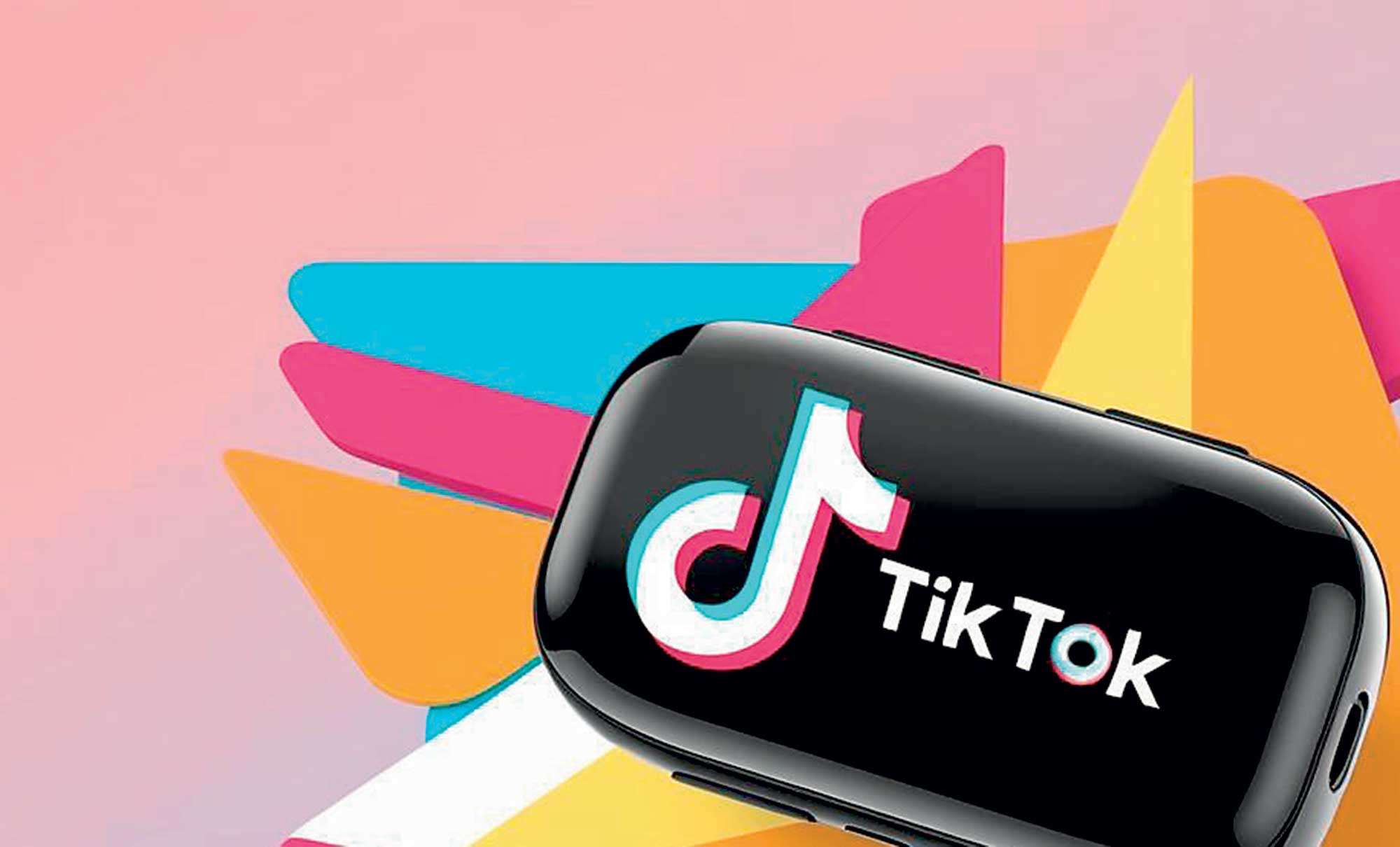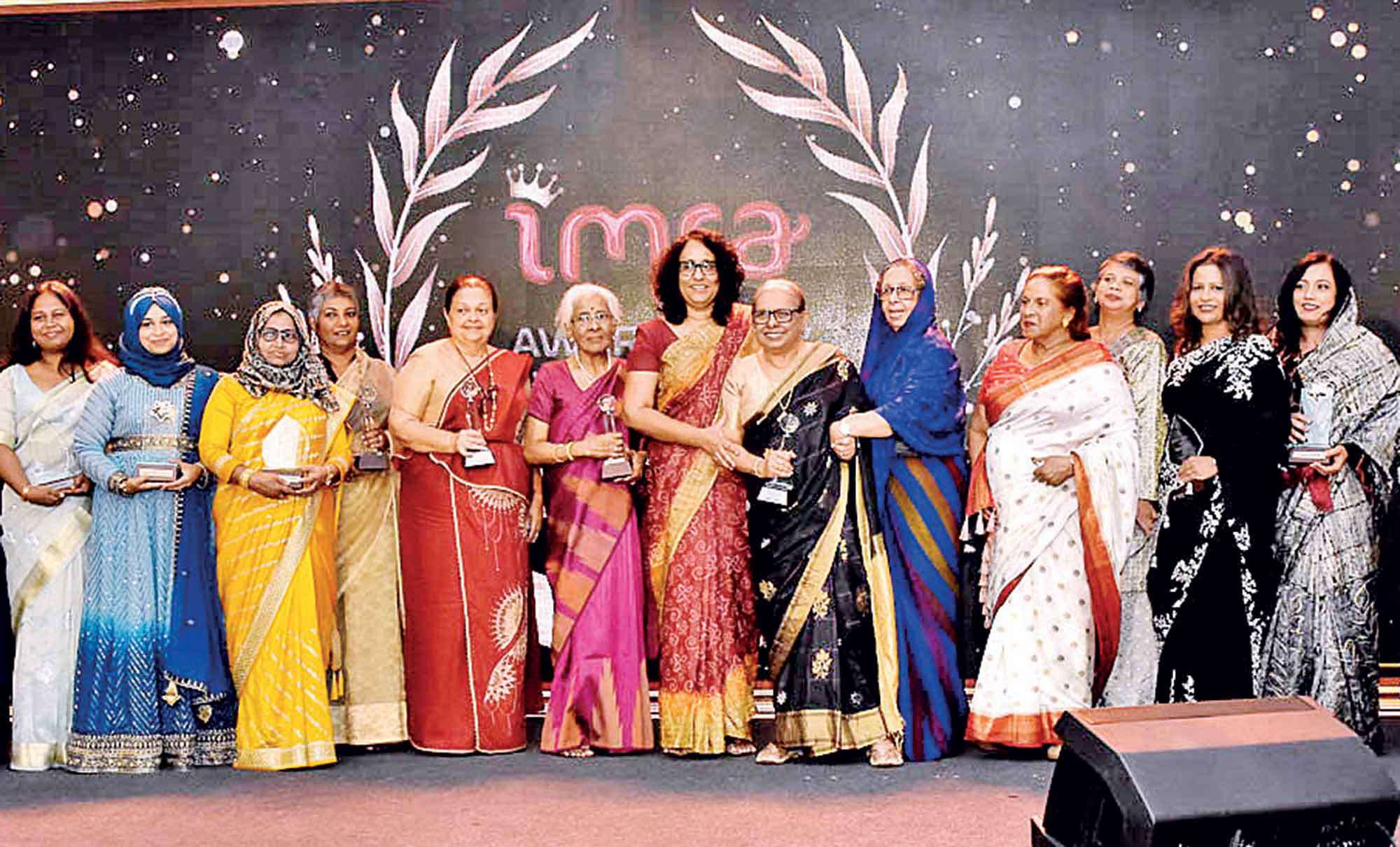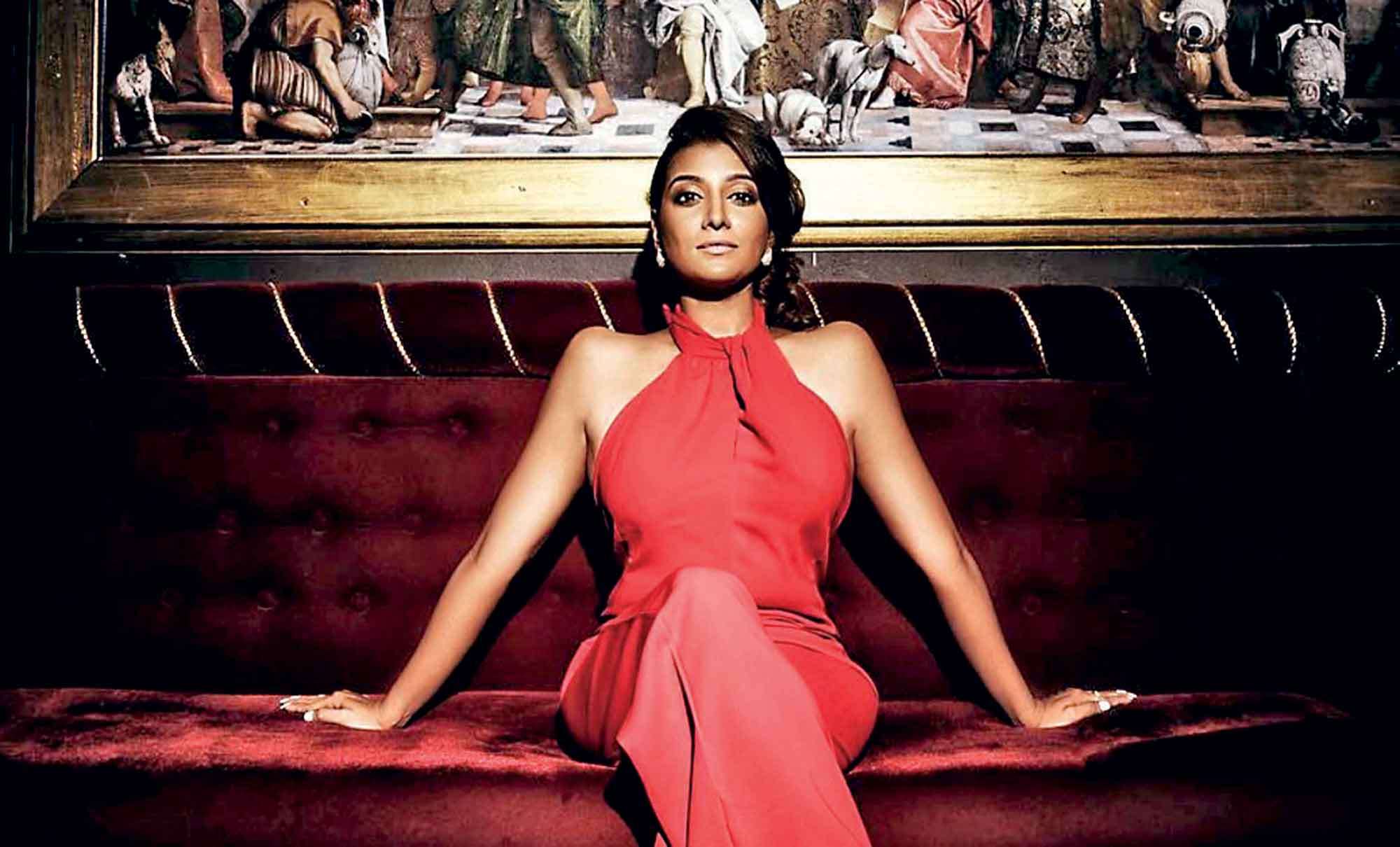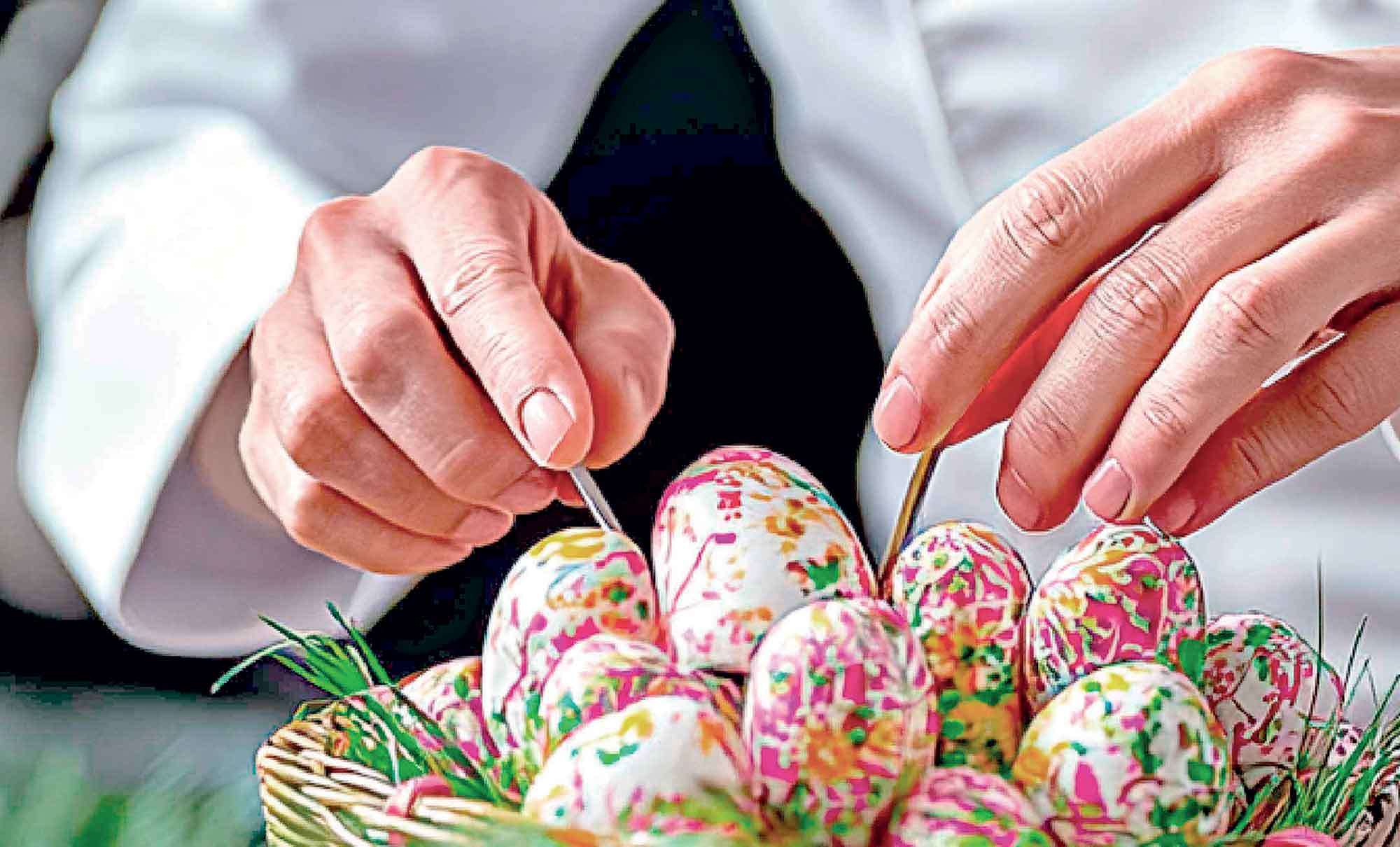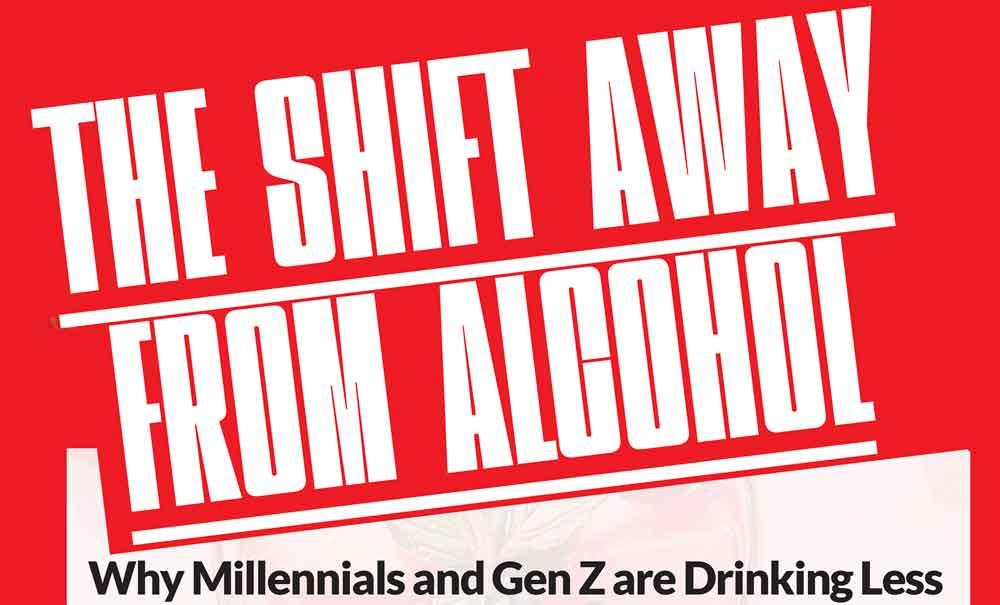
In recent years, a noticeable shift has occurred in the drinking habits of younger generations. Millennials (born between 1981 and 1996) and Generation Z (born between 1997 and 2012) are consuming less alcohol than their predecessors. This trend has sparked widespread curiosity about why these groups are choosing to drink less and what it means for the future of the alcohol industry.
Health Consciousness Takes the Lead
A major factor driving the decline in alcohol consumption is the growing focus on health and wellness. Millennials and Gen Z have grown up in a time when mental and physical well-being are prioritized. With a strong emphasis on fitness, self-care, and nutrition, these generations are reassessing their relationship with substances like alcohol, which are seen as detrimental to their health. Fitness culture, in particular, has encouraged young people to consider how their choices affect their physical health. Alcohol can interfere with fitness goals, contributing to weight gain, liver damage, and poor athletic performance. Mental health concerns also play a significant role, as excessive drinking is linked to anxiety, depression, and disrupted sleep. As mental health awareness increases, Millennials and Gen Z are more likely to seek ways to maintain emotional well-being, often turning to sobriety or reduced alcohol consumption to protect their mental health.
The Changing Social Landscape
A key factor in the decline of alcohol consumption is a shift in social norms. Unlike previous generations, Millennials and Gen Z are creating social spaces that don’t revolve around drinking. Non-drinking events like sober raves, alcohol-free festivals, and mocktail bars are gaining popularity, offering young people the chance to connect without the pressure to drink. The rise of the “sober curious” movement has further fuelled this trend, encouraging people to explore life without alcohol. Influencers and celebrities on platforms like Instagram and TikTok are sharing their experiences of cutting back or living alcohol-free, normalizing this lifestyle. Social media also plays a role in shaping attitudes, with Millennials and Gen Z prioritizing clear skin, better health, and mental clarity, benefits that can be compromised by alcohol. The growing focus on “clean living,” which emphasizes wellness and self-care, has helped solidify the move towards alcohol-free living among younger generations.
Economic Factors and Changing Priorities
Economic challenges are also influencing younger generations’ relationship with alcohol. Millennials and Gen Z have faced financial pressures, such as high student debt, rising housing costs, and economic instability. These factors have made discretionary spending a significant consideration. Alcohol, particularly in bars and restaurants, can be an expensive habit, and many young people are choosing to cut back on drinking to save money. In addition, both Millennials and Gen Z show a preference for investing in experiences over material possessions. Instead of spending money on alcohol, many are opting to travel, attend unique events, or engage in hobbies that align with their values. This shift away from materialism has translated into a decreased focus on drinking as a primary source of entertainment.
The Rise of Alcohol Alternatives
In response to the decline in alcohol consumption, the alcohol industry has adapted by offering alternatives that cater to these changing habits. Non-alcoholic beverages, such as alcohol-free beers, wines, and spirits, are gaining popularity. Brands are now offering sophisticated, flavourful alternatives that allow people to enjoy social occasions without the negative effects of alcohol. Moreover, wellness-oriented drinks, such as kombucha, fruit and sparkling water infused beverages, and adaptogenic tonics, are flourishing in the market. These products promote relaxation, mental clarity, and physical health, aligning with the values of Millennials and Gen Z. These beverages allow young people to engage in social settings without compromising their well-being, offering a healthier alternative to traditional alcohol consumption.
Conclusion
The trend of Millennials and Gen Z consuming less alcohol reflects broader shifts in cultural values, particularly in health, wellness, and mindfulness. These generations are redefining social norms and paving the way for a new era of mindful living. As the alcohol industry adapts to meet the demand for alcohol-free alternatives, the future of drinking will likely look very different, with a stronger emphasis on personal well-being, financial responsibility, and authentic experiences. The choices made by Millennials and Gen Z signal a growing desire for a more conscious and healthier lifestyle, with lasting implications for both individuals and the industries that cater to them.



